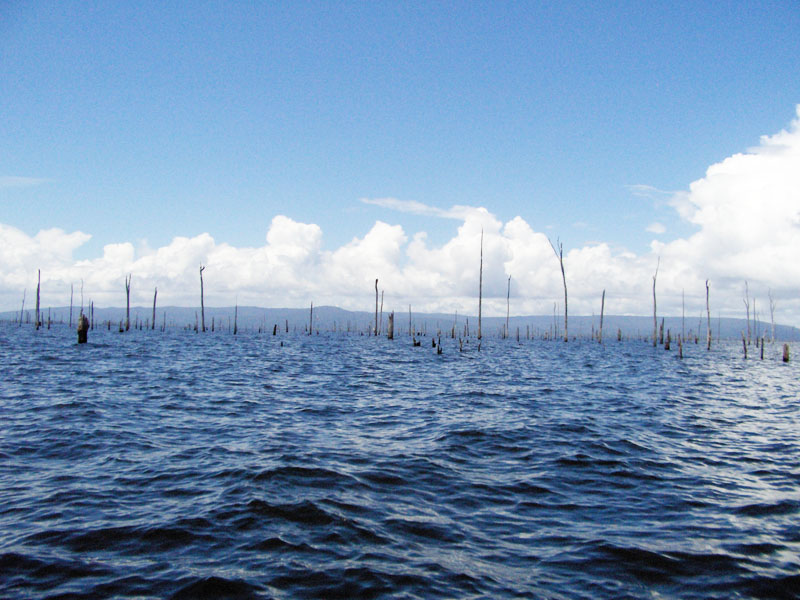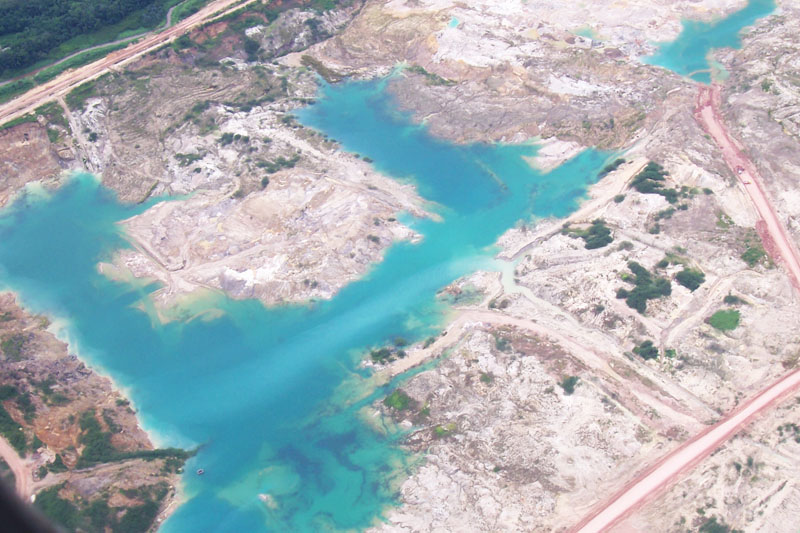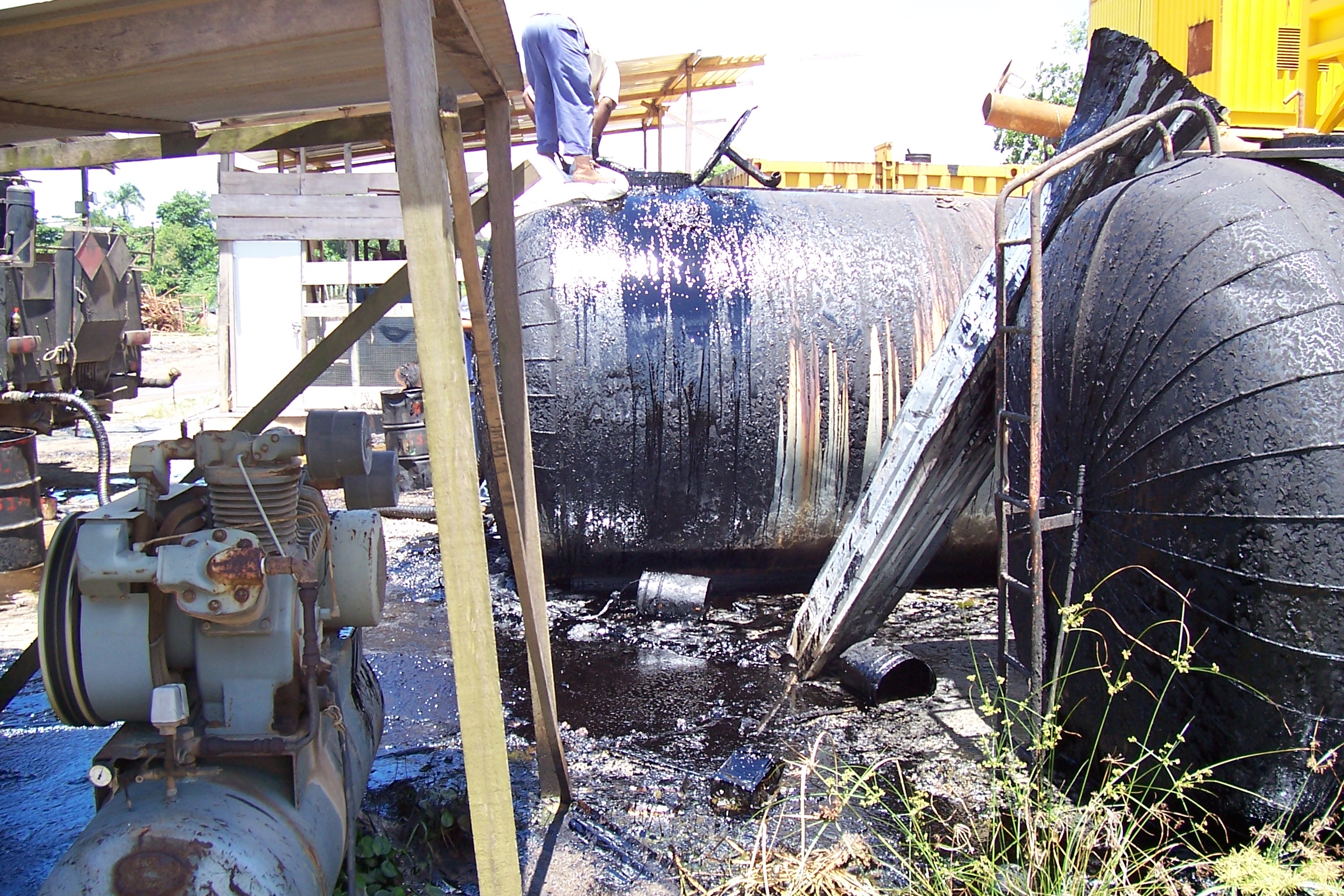FIN Office
The Office of Environmental Funding and Investments
The Office of Environmental Funding and Investments is responsible for identifying and procuring environmental funding from international as well as national sources. Funds can thus be better directed to national environmental priorities then is currently the case. See also recommendation 1 of Annex 1 on Forest Management.
Specifically, the Office carries out the following tasks:
1. Financing of environmental action
The Office will keep track of ongoing environmental projects and make this information available to interested organizations, including international donor agencies. The Office would coordinate international aid programs in environment. Programs would be coordinated from conception through implementation to avoid duplication, assure that activities are not counter-productive and to assure that the objectives of the programs are consistent with the development and environmental protection policies of the nation.
Information will be collected on the existence of donor funds which may be sought for specific environmental management activities in Suriname. Information will be gathered with respect to the terms, application modes, operation, and reporting procedures of such funds. This would cover all UN agencies (including GEF, Agenda 21, UNDP), all development banks (IDB, World Bank, Caribbean Development Bank, regional initiatives (Caribbean, Amazonian, Latin American, Pan American) and the potential bilateral donors, such as Canada, the USA, the Netherlands, European Union, Japan, and others.
The Office will not only procure international funds but will also monitor and coordinate the funding levels of international and regional sources involved in environmental protection in Suriname, so that funds are spent in the most economical way. Often, externally financed programs are implemented by special project units with only weak links with the national organizations to which they are attached, yet all working towards the same objective. NIMOS will then be in a position to facilitate sharing of financial information between relevant parties.
The Office also assesses the potential for national levies and taxes (tourists, vehicles) and designs practical systems for NIMOS to collect such taxes.
The Office explores alternative mechanisms and sources of financing environmental projects and initiatives by the private sector sponsors, such as airlines, mining and logging companies, or by potential polluters.
2. Environmental investments
The Office carries out economic analyses for national environment investment plans developed as part of the NEAP process. It also conducts evaluations of incremental funding to ensure that development projects are environmentally sound, and assists NIMOS or other parties concerned in obtaining adequate financing for such projects or project components.
The Office will provide the basis for integrating economic and environmental decision-making at national level, an essential requirement for any Government aiming at sustainable development. In order to achieve better integration, governments have several options, including (1) a more systematic cost-benefit analysis, (2) the development of economic expertise in environment departments or agencies, and (3) an adjustment of the national accounting system. The most powerful tool is the price mechanism, and the extent to which it sends the right signals to producers and consumers. NIMOS will explore these options in the Suriname context, and, depending on circumstances, recommend actions to reinforce integration of economic and environmental decision-making.
The Office will also investigate the feasibility of two types of special funds:
- A National Environmental Fund, to serve broad environmental concerns, and
- An Emergency Environmental Fund, to allow rapid response to environmental disaster situations.



Meet the FIN Office


